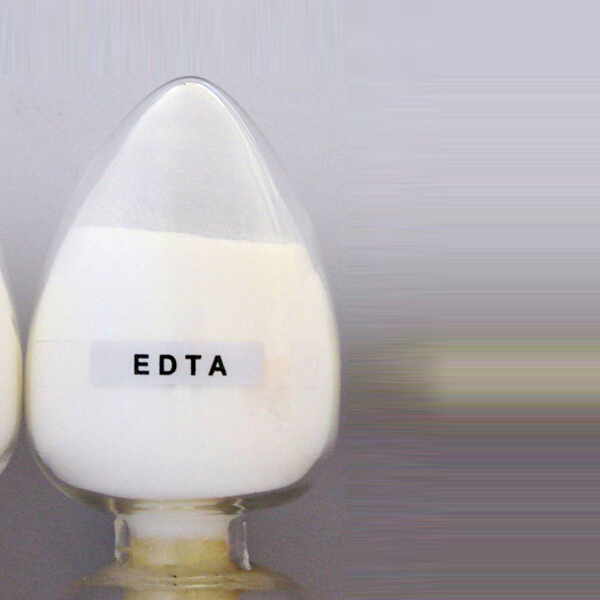
News
Nov . 10, 2024 04:25 Back to list
Tetrasodium Iminodisuccinate Certification for Sustainable Reef Conservation and Protection
Tetrasodium Iminodisuccinate A Eco-Friendly Solution for Reef Protection
In recent years, the growing concern for environmental protection has prompted industries to seek more sustainable alternatives in their products. One such alternative that is gaining traction, particularly in the context of aquatic environments, is tetrasodium iminodisuccinate (TIDS). This versatile chelating agent serves as an eco-friendly substitute for phosphonates and phosphates, which are notorious for their detrimental effects on water quality and marine life, especially in coral reef ecosystems.
Understanding Tetrasodium Iminodisuccinate
Tetrasodium iminodisuccinate is a biodegradable chelating agent that is synthesized from naturally occurring amino acids and succinic acid. The structure of TIDS allows it to effectively bind with metal ions, preventing them from precipitating or interacting with other compounds that could be harmful to aquatic ecosystems. This characteristic makes TIDS an attractive choice for a variety of applications, particularly in the formulation of detergents, personal care products, and industrial cleaners.
One of the primary advantages of TIDS over traditional chelating agents is its environmental safety profile. Unlike phosphonates and phosphates, TIDS does not contribute to nutrient loading in aquatic environments. Nutrient loading often leads to algal blooms, which can create anoxic conditions detrimental to marine life, particularly in delicate ecosystems like coral reefs. By using TIDS instead of phosphates, industries can significantly reduce their ecological footprint.
The Importance of Reef Protection
Coral reefs are among the most diverse and productive ecosystems on Earth, offering crucial habitats for countless marine species. They play an essential role in maintaining biodiversity, protecting coastlines from erosion, and supporting local economies through tourism and fisheries. However, coral reefs are under severe threat from various factors, including climate change, pollution, and overexploitation.
Pollution, especially from agricultural runoff and industrial discharges, introduces excessive nutrients into open waters. This can lead to eutrophication, promoting harmful algal blooms that outcompete and suffocate corals. Consequently, developing and promoting environmentally safe alternatives like TIDS is essential for the protection and preservation of these sensitive ecosystems.
ce certification tetrasodium iminodisuccinate reef

TIDS A Step Forward
The implementation of tetrasodium iminodisuccinate as a sustainable alternative has far-reaching implications. Its ability to chelate metal ions without releasing harmful substances into the aquatic environment makes it an ideal choice for manufacturers looking to create ‘reef-safe’ products. For example, in industries such as pool maintenance and personal care, the use of TIDS can help maintain water quality while minimizing harm to surrounding ecosystems.
Furthermore, the application of TIDS in agricultural contexts, particularly in fertilizer formulations, can lead to improved soil and water quality. By mitigating the risks associated with traditional phosphates and reducing metal ion toxicity, TIDS contributes to healthier ecosystems both on land and in water.
Certification and Industry Standards
As industries move towards greener practices, obtaining CE certification for TIDS-based products can provide a credible assurance of their safety and environmental benefits. CE marking signifies that the product complies with European safety, health, and environmental protection standards. This certification not only aids in market acceptance but also assures consumers that the products they use are environmentally responsible.
Conclusion
In conclusion, tetrasodium iminodisuccinate presents a promising solution to the pressing challenge of protecting coral reefs and other aquatic ecosystems from the impacts of pollution. Its biodegradable and eco-friendly properties make it an attractive alternative to conventional chelating agents. With increasing awareness of environmental issues and strict regulatory frameworks, the industry has an opportunity to embrace TIDS and similar innovations. By doing so, we can not only safeguard our planet’s most precious resources but also pave the way for a more sustainable future. The commitment to using environmentally friendly products like TIDS is not just a trend but a necessary step in the ongoing effort to protect the world’s water ecosystems, ensuring they can thrive for generations to come.
-
Polyaspartic Acid Salts in Agricultural Fertilizers: A Sustainable Solution
NewsJul.21,2025
-
OEM Chelating Agent Preservative Supplier & Manufacturer High-Quality Customized Solutions
NewsJul.08,2025
-
OEM Potassium Chelating Agent Manufacturer - Custom Potassium Oxalate & Citrate Solutions
NewsJul.08,2025
-
OEM Pentasodium DTPA Chelating Agent Supplier & Manufacturer High Purity & Cost-Effective Solutions
NewsJul.08,2025
-
High-Efficiency Chelated Trace Elements Fertilizer Bulk Supplier & Manufacturer Quotes
NewsJul.07,2025
-
High Quality K Formation for a Chelating Agent – Reliable Manufacturer & Supplier
NewsJul.07,2025
